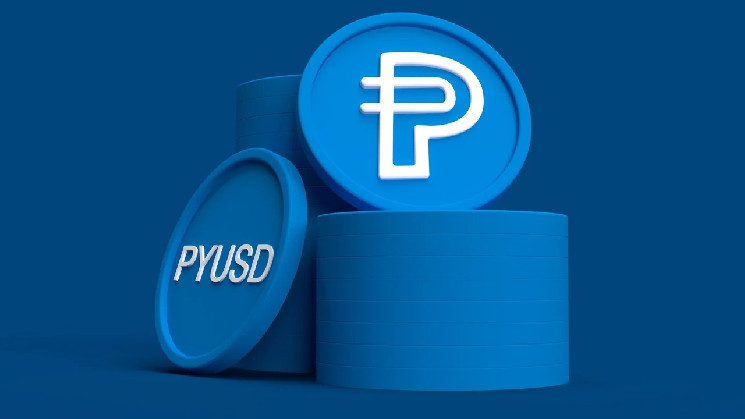PayPal USD ($PYUSD) has smashed through the $1 billion market cap barrier. But this isn’t some overnight success story. PayPal entered the stablecoin game with high hopes. Dan Schulman, PayPal’s president and CEO, said back then:
“The shift toward digital currencies requires a stable instrument that is both digitally native and easily connected to fiat currency like the US dollar.”
Now, though, it looks like PayPal is finally getting some traction. $PYUSD was initially rolled out on the Ethereum network. It’s an ERC-20 token, which means it’s compatible with Ethereum’s ecosystem, where it was supposed to thrive.
But guess what? It didn’t. The excitement fizzled out pretty quickly. $PYUSD didn’t gain the momentum that PayPal had hoped for on Ethereum. Crypto enthusiasts weren’t exactly lining up to use it, and it looked like $PYUSD might just fade into the background.
But then PayPal expanded $PYUSD to the Solana network in May. That’s when things started to get interesting. Solana is known for its speed and low fees compared to Ethereum, and $PYUSD found a new lease on life there.
In just three months, the token’s supply on Solana shot up to $650 million. According to DefiLlama data, $PYUSD’s supply on Solana grew by a staggering 171% over the past month.
It’s now closing in on Tether’s $USDT on the Solana network. While things are looking up for $PYUSD now, there are still some serious questions about whether this growth is sustainable.
The incentives PayPal has been throwing around won’t last forever. What happens when the rewards dry up? Will people still be interested in holding and using $PYUSD? That’s the big question.
There’s also the matter of competition. $PYUSD isn’t the only stablecoin in town. It’s up against heavyweights Circle’s USDC and Tether’s $USDT.
These are established players with huge market caps and wide adoption. $PYUSD might be making waves on Solana, but it’s still got a long way to go to truly compete with the big boys.
 cryptopolitan.com
cryptopolitan.com
